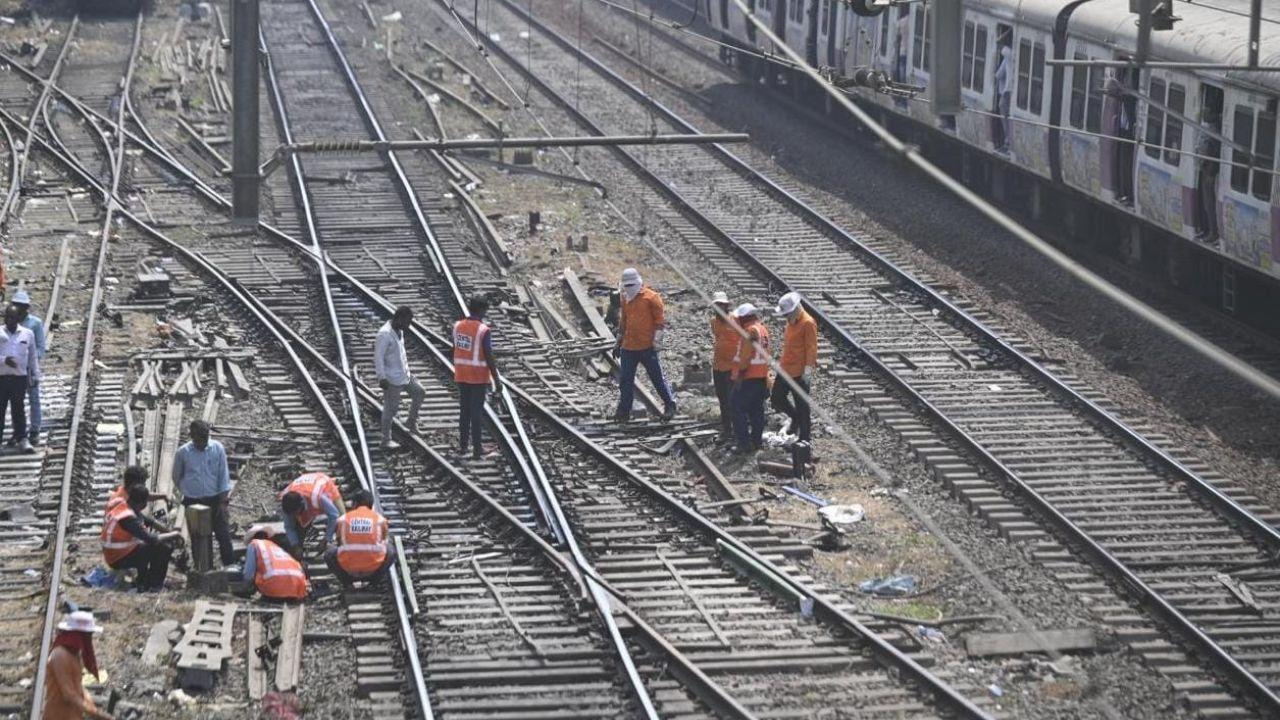Mumbai’s Western Railway has scheduled a three-hour overnight block for the fast lines between Vasai Road and Vaitarna station, commencing at 23:50 on 27 June and concluding at 04:30 on 28 June. The disruption aims to support vital track, signaling, and overhead equipment maintenance — ensuring enhanced safety and long-term reliability. The up fast line block runs from 23:50 to 02:50, while the down fast line pause extends from 01:30 to 04:30.
Passengers should note that early-morning services will be adjusted. Train No. 19101 Virar–Bharuch MEMU will be delayed to depart Virar at 04:50 instead of its scheduled 04:35 due to the maintenance window. Western Railway has reassured travellers that suburban services will resume normal operations on Sunday, 29 June. No disruptions are planned during the daytime schedule . This exercise underscores Mumbai’s commitment to maintaining high-speed corridor integrity and promotes sustainable urban rail services by preventing long-term breakdowns and ensuring punctual operations—cornerstones of low-carbon commuter transit.
Concurrent with the overnight works, Central Railway’s Mumbai Division has intensified its campaign against unauthorised travel. A focused ticket-checking initiative conducted across Main, Harbour, and Trans‑Harbour lines from 16 to 24 June led to 984 ticketless violations in first-class compartments, yielding ₹3.18 lakh in fines. Transport authorities deployed a disciplined task force, comprising 41 ticket inspectors and 7 Railway Protection Force officers per shift, across 103 suburban services during peak periods. This operation not only recovered revenue but also resulted in a measurable reduction in fare evasion complaints, signalling increased deterrence and enhanced commuter experience .
The action represents a continuation of efforts that previously netted ₹2.7 crore from over 81,000 violators in AC locals during FY 2024–25, reinforcing sustained enforcement in Mumbai suburban networks. While the overnight block reflects proactive asset management in Mumbai’s dense railway ecosystem, the ticketing drive underscores commitment to equitable access. Ensuring trained manpower monitor higher‑fare environments protects fare‑paying passengers and supports system-wide revenue needed for future upgrades.
Both initiatives illustrate a broader prioritisation of commuter welfare within India’s urban railway policy—balancing maintenance operations with enforcement, while preserving morning schedules and protecting passenger rights ahead of peak travel.
Also Read: Dibrugarh-New Delhi Rajdhani Now Runs Fully on Electric Traction


